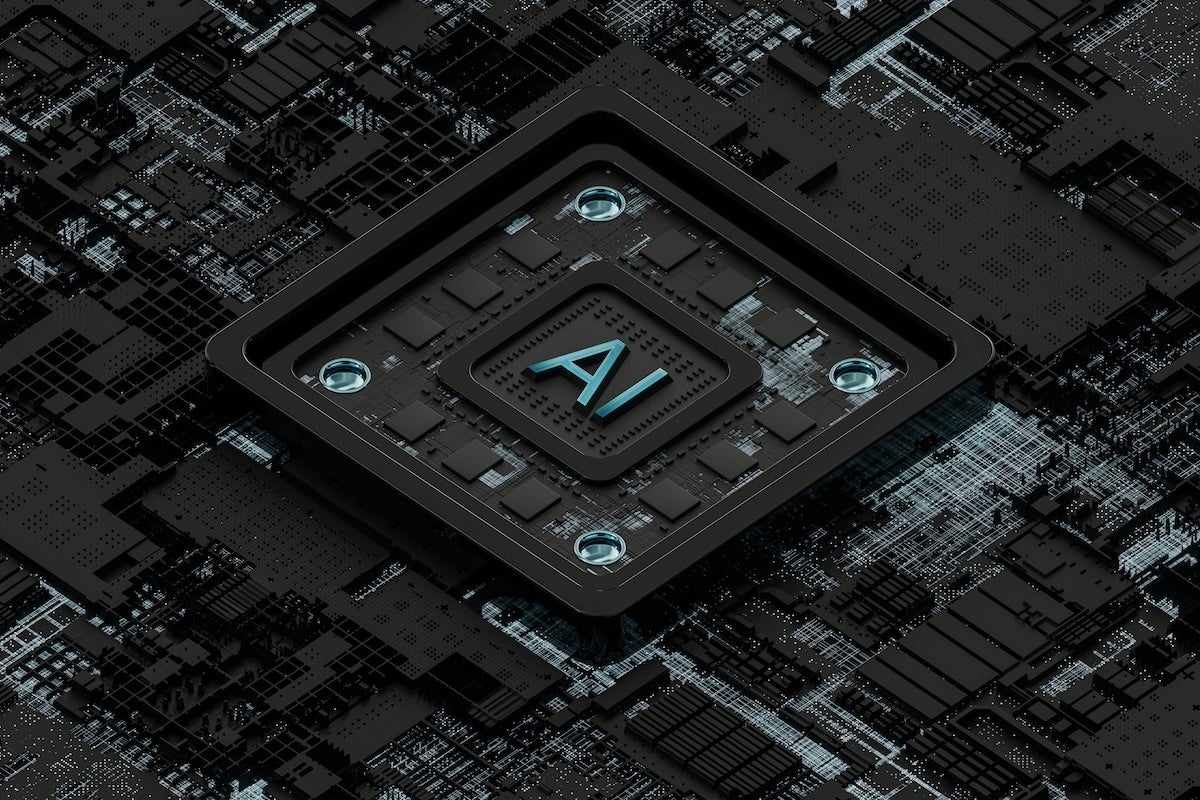Physical Address
304 North Cardinal St.
Dorchester Center, MA 02124
Physical Address
304 North Cardinal St.
Dorchester Center, MA 02124

Intel has revealed that Microsoft’s Copilot AI is expected to run locally on future PCs, eliminating the need for heavy reliance on cloud processing. This development is made possible by incorporating neural processing units (NPUs) capable of exceeding 40 trillion operations per second (TOPS) into AI-enabled PCs. Currently, consumer processors do not match this level of performance.
The primary cause behind the shift towards local operation of Copilot AI is the desire to reduce noticeable delays, especially for minor requests. As it stands, Copilot heavily relies on cloud processing, which can result in significant delays. By enhancing local computing power through the integration of NPUs, these delays can be minimized, potentially boosting performance and privacy.
Intel’s statement to Tom’s Hardware indicates that future AI-enabled PCs will be equipped to handle “more elements of Copilot” directly on the machine. This shift towards local operation is a response to the limitations of cloud processing and aims to provide a more efficient and seamless user experience.
The inclusion of NPUs in AI-enabled PCs marks a significant advancement in hardware technology. These dedicated, low-power components are designed to facilitate the local execution of generative AI models, improving overall AI processing efficiency. With NPUs becoming a standard feature in future PCs, genAI tasks can operate seamlessly in the background, even when running on battery power.
This move towards local AI processing is not limited to PCs alone. Smartphone manufacturers, such as Google with its Pixel 8 and Pixel 8 Pro, are also incorporating on-device generative AI capabilities. However, current hardware limitations prevent extensive AI models like Google’s Bard AI, Copilot, or ChatGPT from running locally on these devices. Instead, more compact models are utilized.
One significant benefit of local AI processing is the potential enhancement of cybersecurity. By running Microsoft’s Copilot AI locally, organizations can maintain greater control over their data, reducing the risk of third-party breaches and data loss. This increased control provides a level of reassurance for Chief Information Security Officers (CISOs) and removes a significant barrier to the adoption of AI technology.
The integration of NPUs and the shift towards local AI processing represent a significant step forward in the development of AI-enabled PCs. As technology continues to advance, the performance and capabilities of these systems are expected to improve, enabling more efficient and seamless AI operations. The future of AI on PCs is poised to be increasingly localized, providing users with enhanced performance, privacy, and control over their data.
The local operation of Microsoft’s Copilot AI on future PCs, as announced by Intel, is expected to have significant effects on various aspects of AI processing and user experience. This shift towards local AI processing brings about several notable changes and improvements.
One of the primary effects of running Copilot AI locally is the reduction of noticeable delays. Currently, Copilot heavily relies on cloud processing, which can result in significant latency, especially for minor requests. By enhancing local computing power through the integration of NPUs, delays can be minimized, leading to a smoother and more responsive user experience.
Another effect of local AI operation is the potential boost in performance. With the increased computing power provided by NPUs, AI tasks can be executed more efficiently on the PC itself. This improvement in performance allows for faster and more accurate AI-generated responses, enhancing productivity and user satisfaction.
Privacy is also expected to be positively impacted by the local operation of Copilot AI. By reducing reliance on cloud processing, sensitive data and interactions can be kept within the confines of the local machine. This localized approach provides users with a greater sense of control over their data and reduces the potential risks associated with transmitting data to external servers.
Furthermore, the integration of NPUs and the shift towards local AI processing pave the way for more seamless and efficient multitasking. With AI tasks being handled locally, users can perform other resource-intensive activities on their PCs without compromising the performance of Copilot AI. This enhanced multitasking capability allows for a more fluid and productive computing experience.
The adoption of local AI processing on future PCs is also expected to have a positive impact on cybersecurity. By running Copilot AI locally, organizations can mitigate the risks associated with third-party breaches and data loss. This increased control over data flow and access provides a higher level of security and instills confidence in users and organizations utilizing AI technology.
Overall, the effect of Microsoft’s Copilot AI operating locally on future PCs is a more efficient, responsive, and secure AI experience. The reduction of delays, improved performance, enhanced privacy, seamless multitasking, and strengthened cybersecurity are all significant benefits that users can expect to enjoy as AI processing becomes more localized. As technology continues to advance, the effects of local AI operation are likely to become even more pronounced, further revolutionizing the way we interact with AI systems on our PCs.
If you’re wondering where the article came from!
#